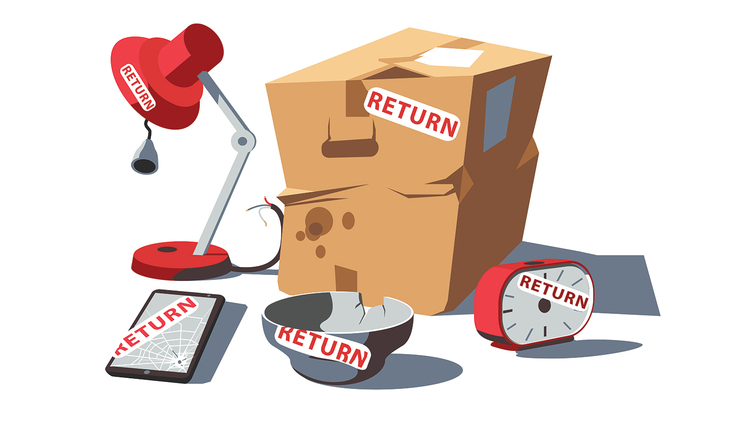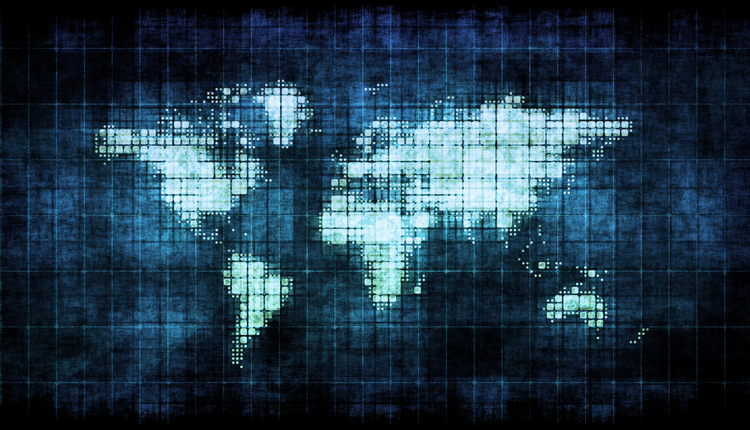With extreme weather occurring around the world, we are hearing about severe destruction of many thousands of square miles in Spain, Italy, Greece, Turkiye (formerly Turkey), Syria, China, the Philippines, Mozambique, Malawi, Madagascar, South Africa, Zimbabwe, Canada, and the US, among others. In other words, the whole world has been affected. Most recent are a devasting earthquake in the Atlas Mountains of Morocco, with the death toll approaching 3,000 people, and the third eruption in 2023 of Hawaii’s Kilauea volcano.
Beyond natural disasters, civil war in Somalia has added to the refugee population and to famine in that area of east Africa. Famine conditions were triggered by the war in Ukraine, which was a major exporter of food and energy resources. The coups d’état in Burkina Faso, Mali, Niger, and Gabon brought the total number of coups in Africa to seven over the last three years.
Both extreme weather and wars kill and displace people and destroy infrastructure. Not everything will be rebuilt, and certainly the people impacted may not recover or return. For international mailers, the immediate impact is undeliverable or greatly delayed delivery. Longer term, the problem with undeliverable mail continues unless the mail owner takes action to remove or correct address. And, as we all know, undeliverable mail is expensive and wasteful. Looking at three events — the wildfires in Canada, the earthquake in Turkiye and Syria, and the floods in Greece — provides an insight to the potential long-term effects.
The Canadian wildfires have occurred in all 13 provinces and territories. Particularly large fires in Alberta, British Columbia, the Northwest Territories, Nova Scotia, Ontario, and Quebec displaced people, destroyed prairies and woods, homes and businesses, and led to air-quality alerts as far south as North Carolina. They are expected to continue into the winter. As of early September, government figures said 6,187 fires had burned 165,646 square kilometres (63,956 sq mi; 40,932,000 acres), with 964 active wildfires, and 597 of those out of control. While much of that area is not heavily populated, over 155,000 people were evacuated. Local officials note that structures were lost in some towns and rural areas.
On February 8, a 7.8 magnitude earthquake hit southeastern Turkiye and northwestern Syria. It was followed by another of 7.7 magnitude six hours later. Aftershocks continued for months and floods triggered by the earthquakes occurred over a region larger than 350,000 sq. km. (140,000 sq mi). All of this affected about 14% of the Turkish population according to the UN report. In Syria, the area around Aleppo, largely destroyed during the civil war, was hit by these earthquakes and aftershocks. The winter weather added to the difficulties for the survivors and rescuers. Estimate of how long the rebuilding in both countries will take is estimated to be five or more years, with some media sources suggesting rebuilding will not occur in all affected regions.
The disastrous flooding in Greece follows wildfires on both the mainland and the islands earlier in the year that forced evacuations on Corfu and Rhodes and in Athens and other mainland cities. The floods in southeast Europe in early September following Storm Daniel hit Greece, Bulgaria, and Turkiye. In Zagora, 889 millimeters (2.917 ft) of rain fell in one day. Because of the floods, the main highway between Athens and Thessaloniki was closed and train service was shut down. Buildings and bridges were wiped out and some towns were under water.
In this small sample, transportation infrastructure, buildings, and lives were destroyed. With this level of disruption and tragedy, mail delivery is not a high priority — and we can all understand that and sympathize with those who suffered losses. Still, mail is central to our businesses and there are steps we can take to reduce the impact of civil disruptions and severe weather in our mail programs.
First, stay informed. International news is freely available on the Internet. English-language coverage is available from all parts of the world. I like the daily update from the BBC. Along with the BBC, The Guardian, Al Jazeera, Africa News, and others provide daily email digests Mail owners and mail service providers need to be up to date on events that affect the receipt and delivery of mail.
Hold mail to affected areas. Immediately following a coup d’état, mail will not be delivered in the immediate area of the coup, usually the capital city or the residence of the deposed head of state. If the coup becomes a civil war, the disruption will spread and last longer. Severe weather events may not be forecast, but it will be in the news. The USPS does not immediately stop mail to these areas. It takes time for the affected country to notify the Universal Postal Union (UPU), which forwards notices to postal administrations in other countries, or to notify other postal administrations directly.
Follow up on customers or other mail recipients in affected areas. Organizations often have more than simply a mailing address for those on a mail list. Verify that the postal item arrived or that it can now be sent to the same address or a new one. Remember that all communications can be disrupted for some time and it may take multiple attempts for a successful delivery. The cost of these attempted communications can be compared to the cost of undelivered mail over time. If these mail recipients are customers, these attempts can increase customer loyalty.
Flag database addresses that are questionable or undeliverable, but take care. This can save on sending repeatedly to addresses that are temporarily or permanently undeliverable. Depending on your business, there can be legal issues with not mailing. Financial institutions are particularly under legal obligations to mail in a timely manner.
As disruptive weather events are likely to increase, according to weather experts, we need to put business plans in place to deal with their aftermath. While we can hope that civil disruption will decrease, we can plan for those, too. The planning will mitigate the costs and negative effects that have been experienced over the roller coaster we’ve all been on this year. Please do keep in mind that these events put people’s lives and livelihoods at risk as you plan your communications.
Merry Law is President of WorldVu LLC and the editor of Guide to Worldwide Postal-Code and Address Formats. She is a member of the UPU’s Addressing Work Group and of the U.S. International Postal and Delivery Services Federal Advisory Committee.
This article originally appeared in the 2023 Global/Cross-Border edition of PARCEL.


















